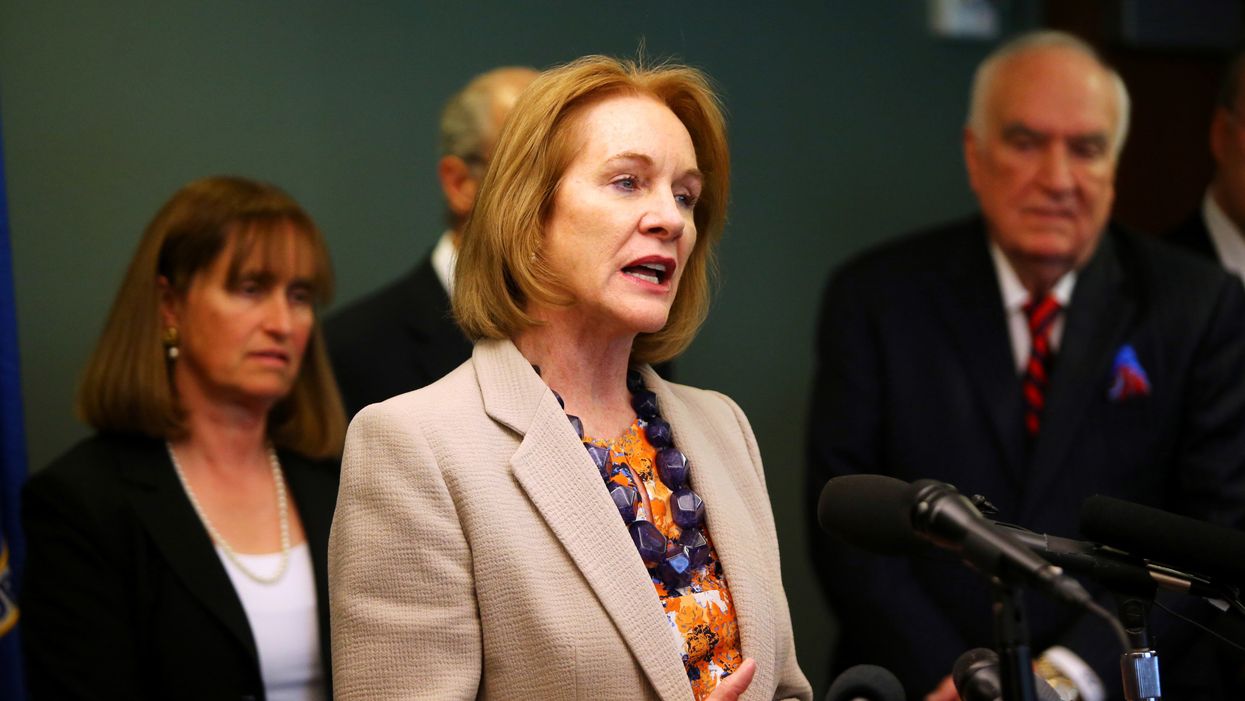The Seattle City Council unanimously approved legislation Monday that would ban most spending on local politics by foreign-influenced corporations.
The measure would prevent corporations owned in whole or in significant part by foreign entities from spending money in local elections. Seattle is the second city to enact such a measure. The other is St. Petersburg, Fla.
Seattle's legislation was advanced in response to corporations led by Amazon — which is headquartered in the city and is the region's biggest tech employer — spending millions to influence the city's election last year. Although it's based in the United States, Amazon could still be barred from future political spending in Seattle if its foreign investors own a considerable portion of the company.
Mayor Jenny Durkan has signaled support for this legislation and is likely to sign it soon. Once enacted, businesses will be prohibited from election spending if any foreigner has more than a 1 percent stake, if two or more foreigners have holdings worth at least 5 percent, or if any foreigner is involved in the corporation's political activity.
Maryland, Massachusetts and New York City are considering similar measures. In November, the Center for American Progress unveiled proposed legislation that would implement these provisions at the federal level.
Ellen Weintraub, commissioner on the Federal Election Commission, praised Seattle for passing this bill in an opinion piecefor The New York Times. The former FEC chair said she believes it would survive a potential court challenge.
"If even a very conservative Supreme Court is asked to rule that the government is powerless to stop hostile foreign interests from surreptitiously acting to influence our elections, I have difficulty believing it will do so," Weintraub wrote. "It is one thing to find that the First Amendment bars a campaign-finance law from applying to citizens. It is quite another to hold that the First Amendment requires unconditional national surrender to foreign attempts to undermine our democracy. No judge should have an appetite for the latter."




















